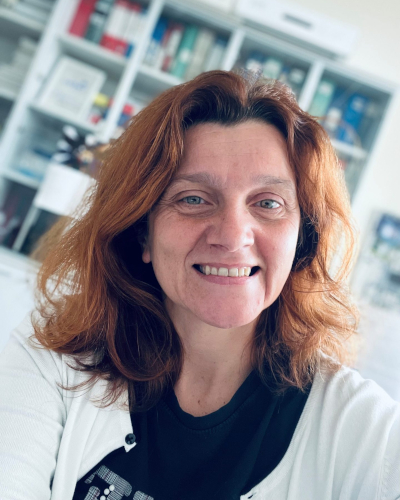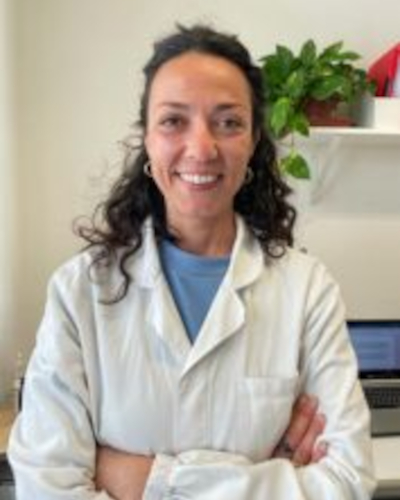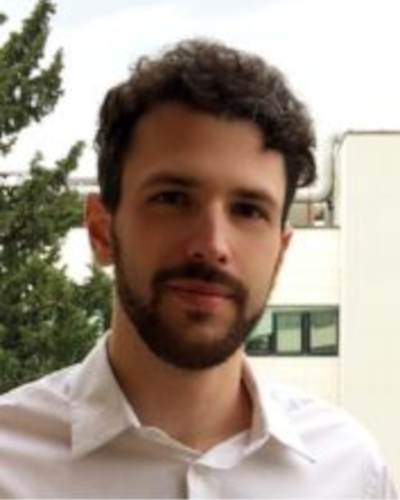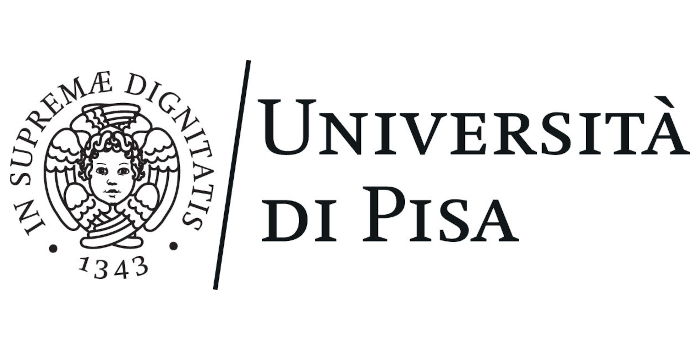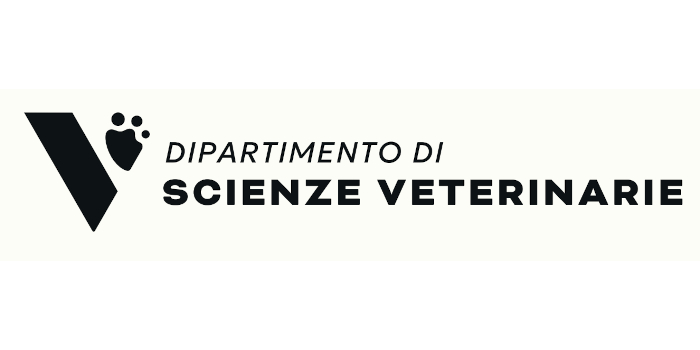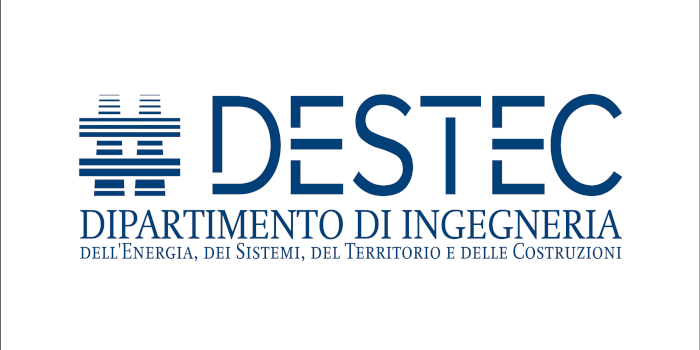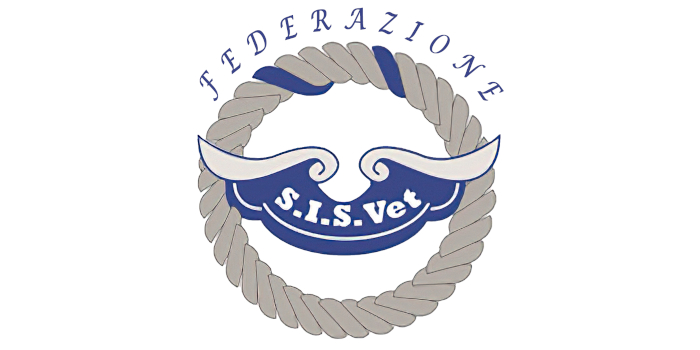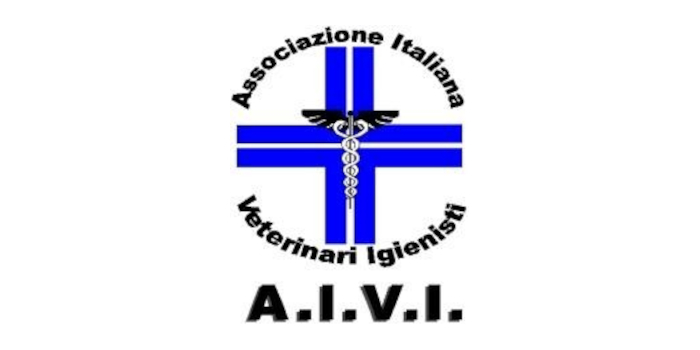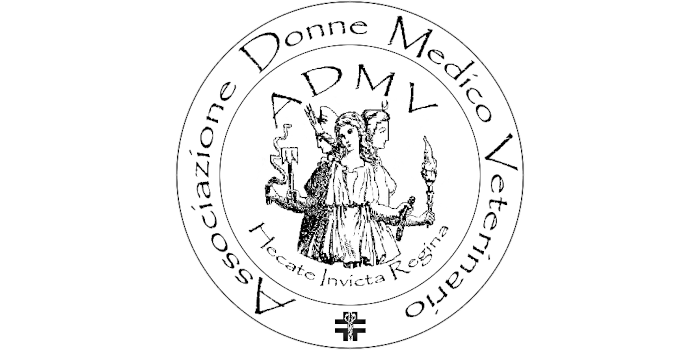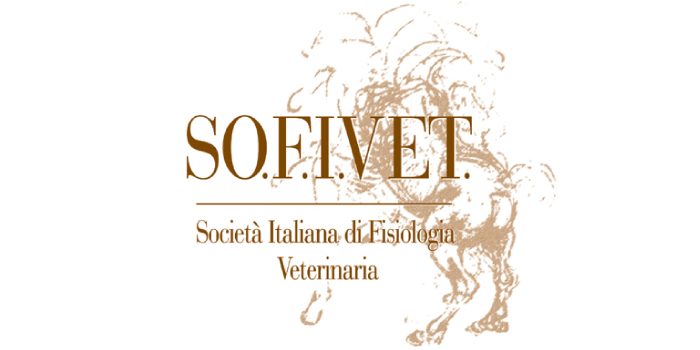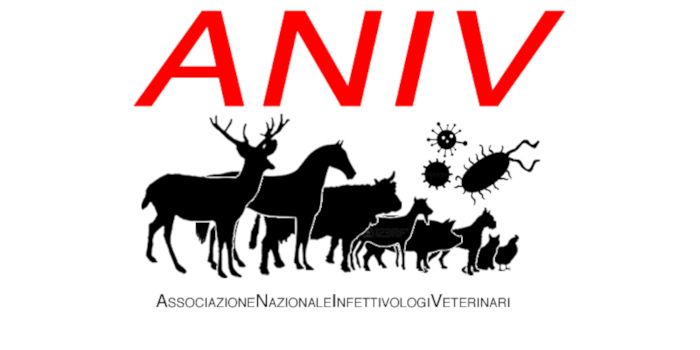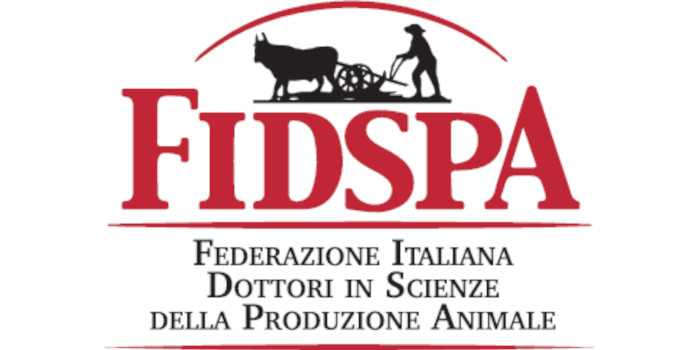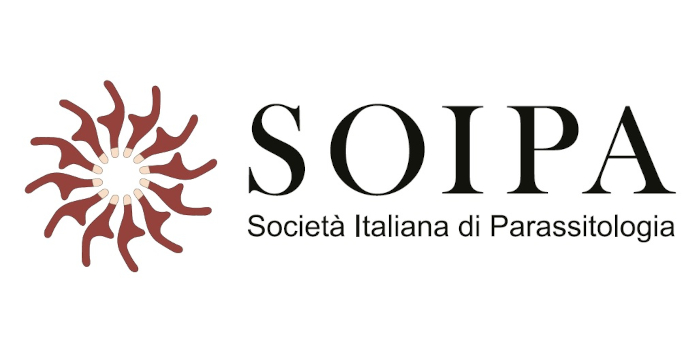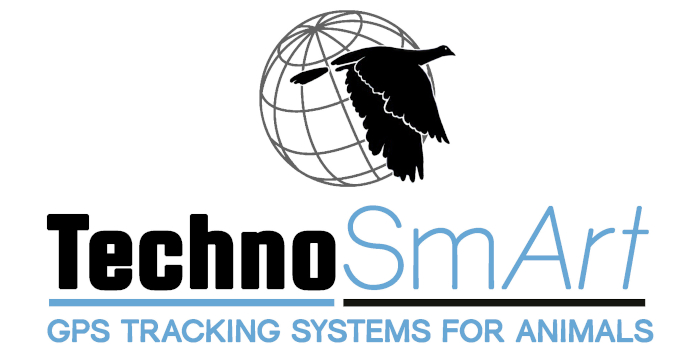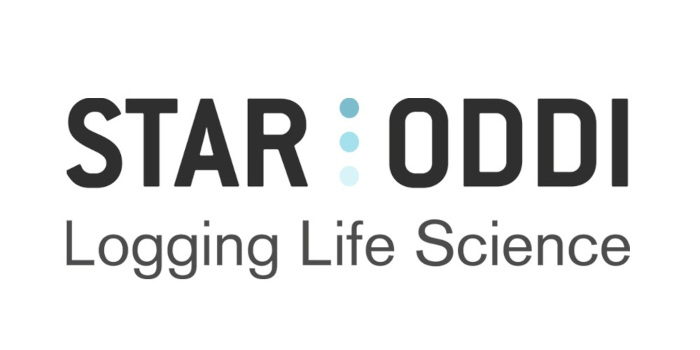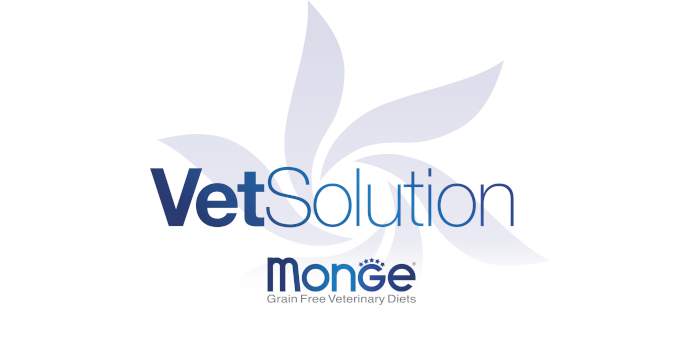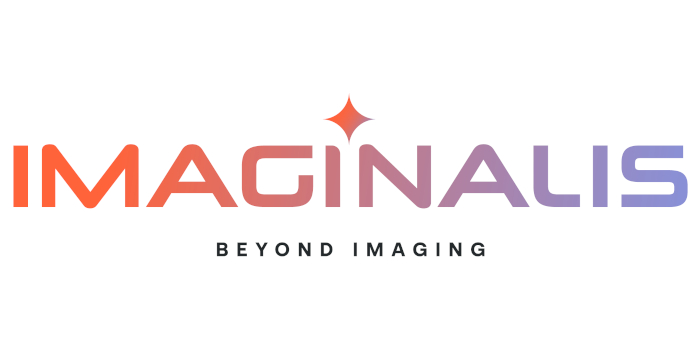SPECIAL SESSION #16
Mass spectrometry as a cutting-edge tool in veterinary and animal science
ORGANIZED BY
Valentina Meucci
Department of Veterinary Sciences, University of Pisa, Italy
Lucia De Marchi
Department of Veterinary Sciences, University of Pisa, Italy
Alessio Lenzi
Department of Veterinary Sciences, University of Pisa, Italy
Denise Biagini
Department of Chemistry and Industrial Chemistry, University of Pisa, Italy
ABSTRACT
Mass spectrometry is a powerful analytical tool that enables both the identification and quantification of compounds of interest in complex matrices. This technique is widely employed in various fields, including human medicine, environmental and food sciences, and cultural heritage studies. Conversely, the use of mass spectrometry in animal science remains limited due to the lack of reliable, standardized methods that align with veterinary guidelines. Despite this, the potential for mass spectrometry in veterinary applications is significant. It may provide analysis of animal tissues and biological fluids for diagnostic purposes while supporting veterinarians in developing targeted therapies. Additionally, this technology aids in understanding disease pathophysiology, contributing to both animal and public health. Mass spectrometry also plays a crucial role in detecting veterinary drug residues, monitoring toxicology, and ensuring the safety of animal-derived food products.
Within this context, the session aims to gather researchers working in the field of mass spectrometry to explore its diverse applications in advancing veterinary sciences. Our goal is also to build a network of mass spectrometry users in veterinary fields, fostering collaboration and connections.
TOPICS
Topics include:
- pharmacology and toxicology;
- biomarker discovery;
- omics sciences;
- veterinary drug residue analysis;
- animal food science;
- environmental science.
ABOUT THE ORGANIZERS
Valentina Meucci is an Associate Professor of Veterinary Pharmacology and Toxicology at the Department of Veterinary Sciences, University of Pisa, Italy. She currently serves as the Coordinator of the PhD Program in Veterinary Sciences at the same institution. Her academic and research interests focus on veterinary pharmacology, toxicology, and drug safety, particularly in companion and farm animals. Prof. Meucci has extensive experience in studying the effects of pharmacological agents and environmental toxicants on animal health and welfare. She has authored 133 scientific publications in high-impact, peer-reviewed journals, contributing significantly to the fields of veterinary pharmacology and toxicology. Her research outputs include studies on mycotoxins residues in animal-derived products, mechanisms of toxicity, and the pharmacokinetics of veterinary drugs. Many of her works are cited internationally and have been presented at leading conferences.
Lucia De Marchi is a researcher (RTDa) at the Department of Veterinary Sciences at the University of Pisa. In 2019, she earned her Ph.D. in Biology and Ecology of Global Change from the University of Aveiro (Portugal), where her research focused on the effects of carbon-based nanoparticles on aquatic organisms under climate change scenarios. Her involvement in international projects has broadened her expertise in aquatic and terrestrial toxicology, with particular emphasis on contaminant accumulation and biological responses in both vertebrate and invertebrate species. Author of 98 publications, her research focuses on evaluating the toxicity of emerging contaminants and their impact on animal and environmental health. She adopts a multidisciplinary approach, employing biomarkers and cell models to assess toxicity across various biological systems. Additionally, she studies environmental contamination indicators and explores antibiotic resistance mechanisms in veterinary pathogens to address critical health challenges.
Alessio Lenzi is a laboratory technician in the Department of Veterinary Sciences at the University of Pisa, where he manages advanced mass spectrometry instrumentation. He earned his Ph.D. in Chemistry and Materials Science from the Department of Chemistry and Industrial Chemistry at the University of Pisa, presenting a thesis titled “Mass Spectrometry-based Multi-Omics Approach to Unveil Heart Failure Pathophysiology”. His expertise in mass spectrometry earned him a position on the organizing committee of the 12th MS J Day, an international conference dedicated to young researchers in the field of mass spectrometry. Currently, his interests are focused on developing innovative mass spectrometry-based analytical platforms for veterinary applications.
Denise Biagini is a researcher (RTDa) at the Department of Chemistry and Industrial Chemistry of the University of Pisa. She obtained her Ph.D. cum laude in Chemistry and Materials Science in May 2020. Her research is mainly focused on the development of MS-based analytical methods for health and disease assessment in conventional and unconventional body fluids. In recent years, she has been working on targeted metabolomics by tandem mass spectrometry for the determination of markers of oxidative stress and inflammation in different research fields. She spent three months at the Research Hotel of The Metabolomics Innovation Centre (Edmonton, Canada) under the supervision of Dr. Rupasri Mandal and Dr. David Wishart deepening her knowledge on untargeted metabolomics. She is author of 51 papers on international peer-reviewed journals (Scopus ID: 56439741600; ORCID: https://orcid.org/0000-0001-6747-9712) and more than 20 contributions to national and international congresses.


